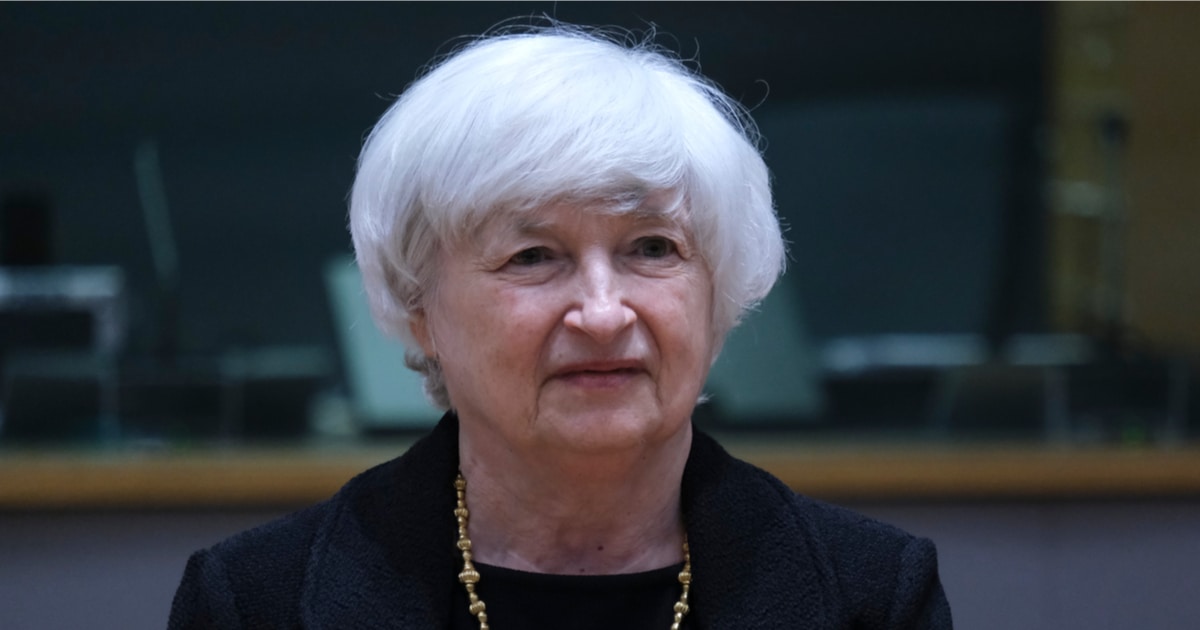US Deputy Treasury Secretary Proposes Reforms to Enhance Crypto Enforcement Against International Bad Actors
Jessie A Ellis Apr 10, 2024 15:11
US Deputy Treasury Secretary Adewale Adeyemo proposes reforms to enhance enforcement against cryptocurrencies, including secondary sanctions, extraterritorial jurisdiction, and a new secondary sanctions tool.

US Deputy Treasury Secretary Adewale Adeyemo detailed three potential changes in a recent hearing to bolster enforcement against foreign criminals who use cryptocurrency. The purpose of these measures is to better equip authorities to tackle financial crimes in the cryptocurrency area and to address the growing usage of digital assets for illegal funding.
The first option put up by Adeyemo is to implement secondary sanctions that are expressly directed at overseas providers of digital assets that are involved in illicit financing. The US Treasury Department hopes to prevent these suppliers from aiding illegal activity and sever their connection to the international banking system by enacting secondary penalties. By increasing the responsibility of digital asset platforms and service providers, this policy would make it more difficult for dishonest people to use cryptocurrencies for illicit activities.
Extending Authority's Jurisdiction to extend Extraterritorially
Adeyemo proposes a second change in which he calls for authorities to extend beyond national borders in cases where companies using digital assets to undermine national security are abusing the financial system. This increase would make it possible for US law enforcement officials to hunt down and punish foreign criminals who use cryptocurrencies for illegal acts, even if they are not based in the US. This reform seeks to guarantee that businesses and persons engaged in illicit financing cannot avoid responsibility by taking advantage of the global character of digital assets by reducing jurisdictional gaps.
Introducing a New Secondary Sanctions Tool
Adeyemo's third suggestion is introducing a new secondary sanctions mechanism. Although the specifics of this instrument are unknown, it is anticipated to provide further ways to target and discourage overseas suppliers of digital assets involved in illegal funding. With the use of cryptocurrencies, this technology would strengthen the Treasury Department's capacity to sabotage the financial networks of foreign criminal organisations and supplement the current sanctions regimes.
The rising worry about the use of cryptocurrencies by criminal actors, such as terrorist organisations, drug traffickers, and state-sponsored organisations, has prompted these suggested amendments. Adeyemo stressed the need for Congress to provide more assistance in order to enact laws that specifically address the major participants and essential functions of the ecosystem for digital assets as well as the jurisdictional issues related to policing international cryptocurrency businesses.
The US government hopes to maintain the integrity of the global financial system, bolster its enforcement capacities, and enhance international collaboration in the fight against financial crimes using cryptocurrencies by putting these measures into effect.
Image source: Shutterstock.jpg)

